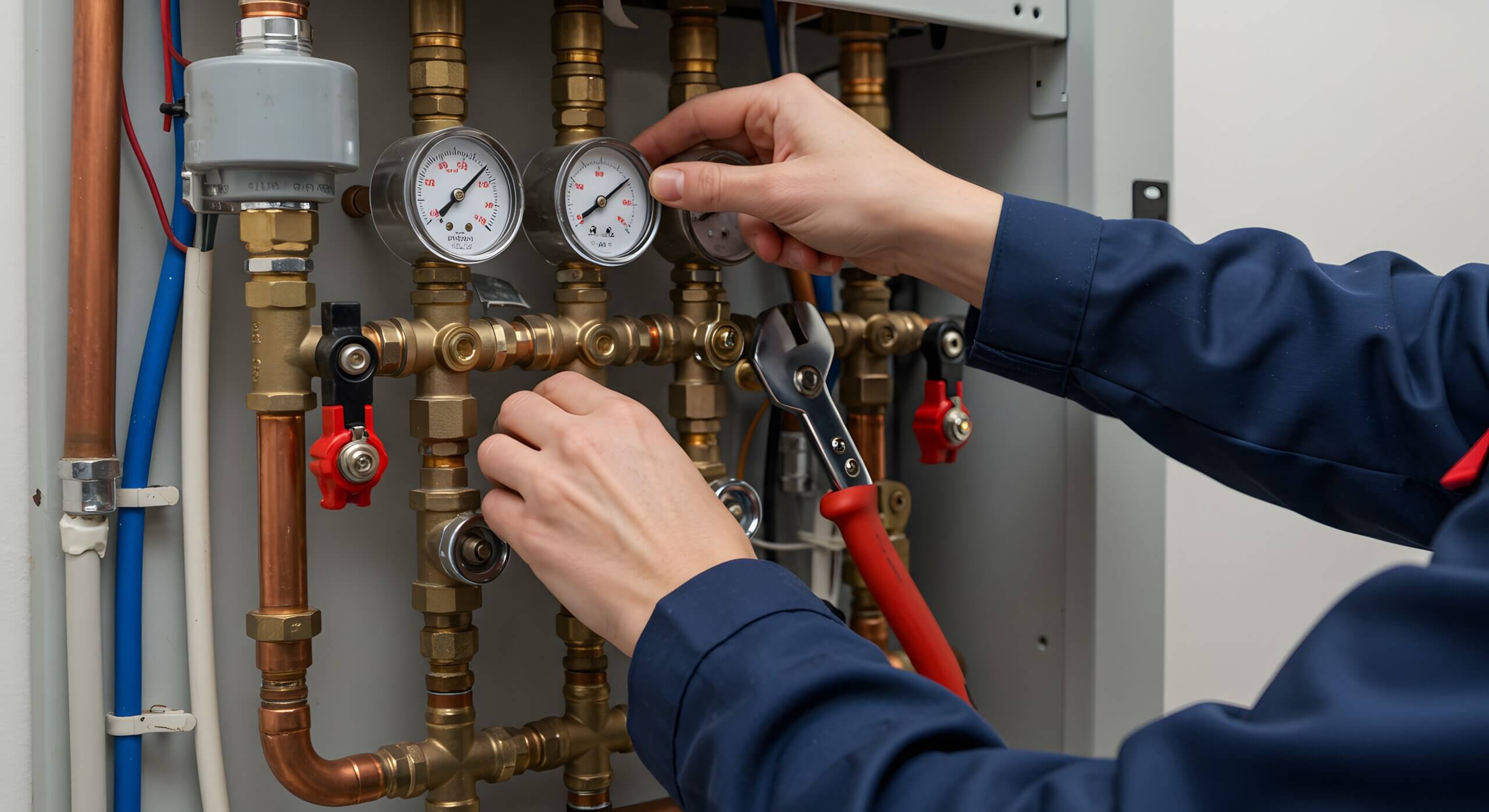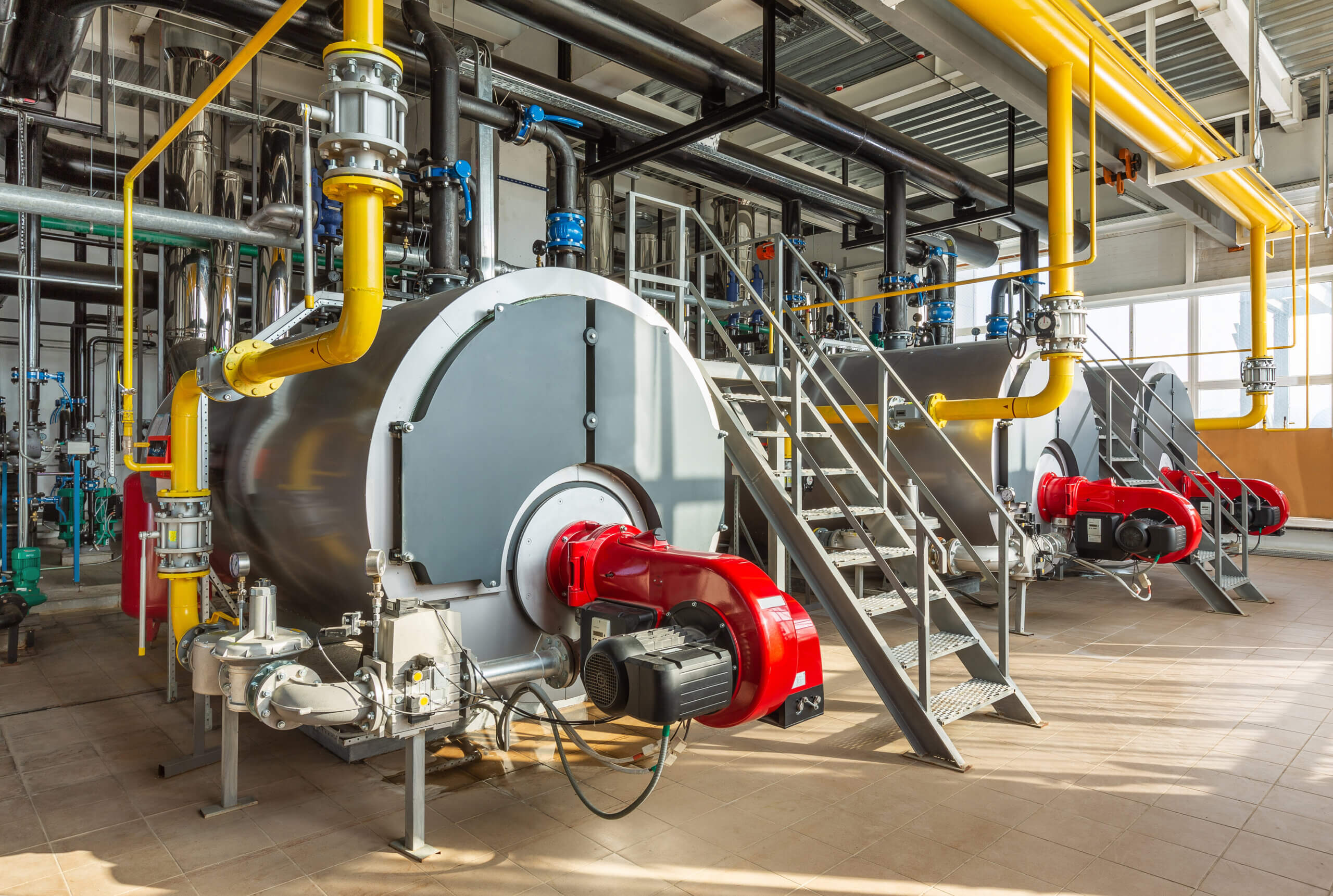Do you know the role of stationary machine mechanics?
Hugo Julien, P.Eng.
Stationary Enginemen play a key role in maintaining the stability, safety and security of essential mechanical systems in Quebec and beyond. These skilled professionals work in commercial, industrial and institutional buildings, performing surveillance, maintenance and repairs on critical equipment. They also anticipate risks and ensure that best practices are applied to prevent hazardous situations.
These specialized mechanics, whose work is governed by Quebec regulations, play a key role in safeguarding systems and people. Numerous incidents in Quebec have demonstrated that errors in the maintenance or monitoring of stationary machinery can trigger equipment failures, potentially leading to the complete shutdown of a production line, loss of materials, and damages amounting to hundreds of thousands of dollars.
Beyond causing substantial material damage, lapses in supervision or failure to comply with applicable safety standards in a professional’s field can result in severe accidents. These can include explosions of pressurized machinery or other catastrophic events, which could potentially cause injuries or fatalities.
Main Responsibilities
The Stationary Enginemen’s mission is to ensure the continuous operation of essential systems, such as heating, cooling, ventilation, electricity and fire safety. More specifically, they work with a wide variety of equipment, including steam boilers, cooling systems, refrigeration units and internal combustion engines. They operate from a control station or directly on the equipment to:


- Monitor gauges, indicators, and automatic systems to promptly detect any irregularities;
- Perform preventative maintenance to minimize risks of breakdowns and extend the lifespan of equipment;
- Repair or replace defective components to maintain system reliability;
- Document all interventions, including diagnostics, repairs and maintenance work;
- Analyze critical data, such as water quality in thermal systems;
- Establish and implement safety protocols to manage emergencies effectively.
These responsibilities require constant attention to detail and the ability to respond quickly to technical issues or unexpected events.
Qualifications And Skills
Anyone wishing to practice this profession in Quebec must:
- Hold a diplôme d’études professionnelles (DEP) in stationary engine mechanics;
- Possess the specific permit required for the type of machines they operate, such as classes 1 to 4 for stationary machinery or classes A or B for refrigeration systems.
Stationary Enginemen should also possess:
- Mastery of mechanical principles and strong analytical skills;
- The ability to efficiently solve complex problems;
- Effective communication and teamwork skills;
- In-depth knowledge of automated and computerized systems.
These technical and personal qualifications establish Stationary Enginemen as key players in ensuring the smooth operation of modern infrastructure.
Conclusion
In conclusion, the Stationary Enginemen profession is essential to the reliable functioning of numerous infrastructures. These qualified professionals ensure the safety, efficiency and longevity of the systems that support the industrial, commercial and institutional sectors. Through their expertise and sense of responsibility, they help to maintain comfort and productivity while preventing risks to people and property.
If you have any questions about the role of Stationary Enginemen in the event of a loss involving systems, devices or equipment requiring monitoring and maintenance by these professionals, please contact the team of mechanical engineering experts at CEP Forensic.
